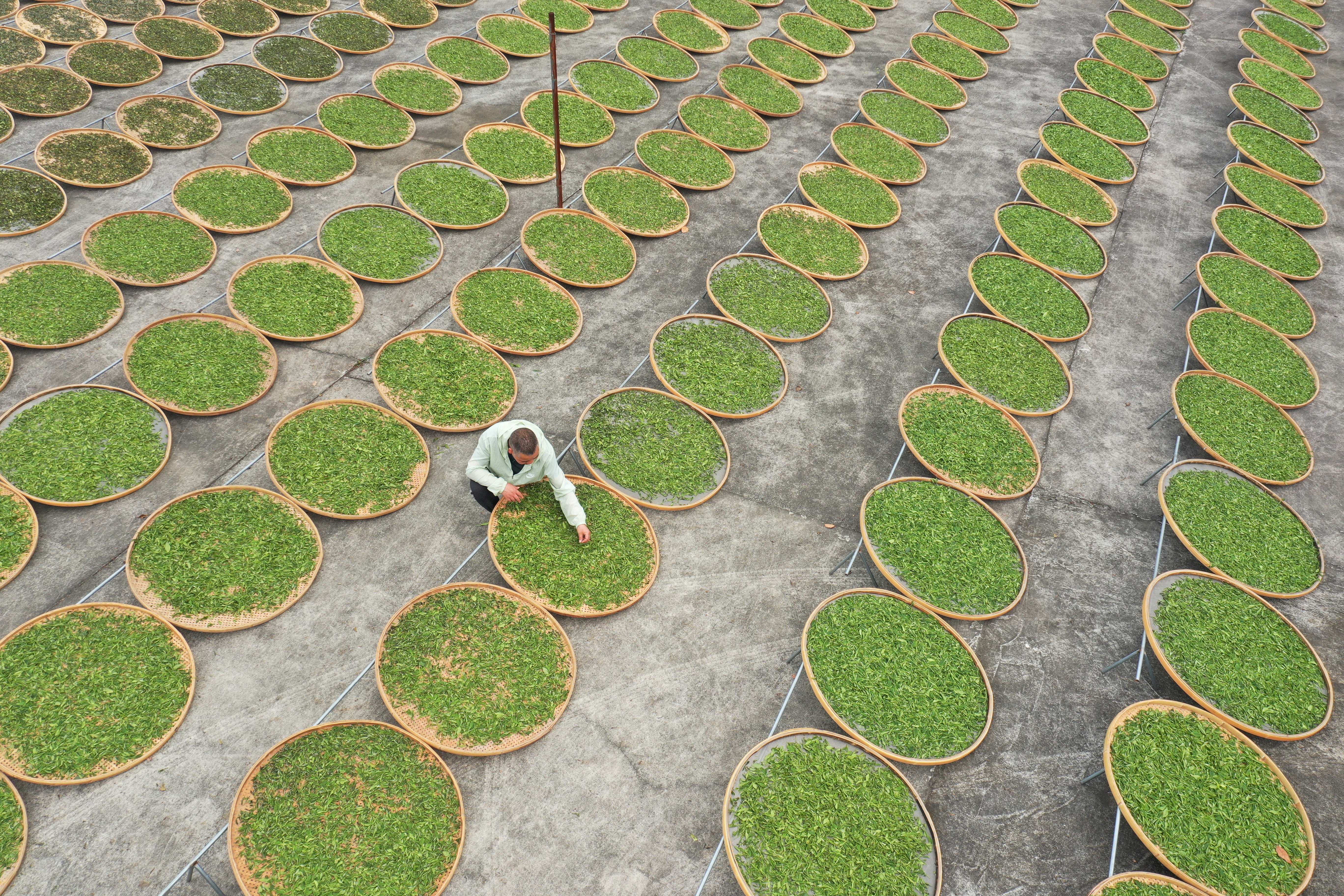Haploid induction greatly speeds up maize breeding process
The new haploid breeding technology has significantly sped up the process of maize breeding in China, said Dai Jingrui, an academician of the Chinese Academy of Engineering (CAE) and a professor at China Agricultural University (CAU).
This new breeding method was developed under the national key R&D project of applying corn heterosis and cultivating hybrids with strong heterosis during the 13th five-year plan period (2016-2020). The project outcomes were displayed at the Dongyang Experimental Demonstration Base in Shanxi Agricultural University.
"There have been several milestones marking the development of modern crop breeding technologies, and the project's breakthroughs in haploid induction breeding constitute a new landmark in the application of corn heterosis. It will play a significant role in promoting the agricultural technological revolution in China," said Dai.
He also noted that in the past, it took at least eight generations of self-crossing to produce a maize inbred line, but the new haploid breeding technology enables the creation of homozygous inbred lines through two generations within one year. The inbred lines are then hybridized to produce improved varieties, making the breeding process far more efficient.
The new maize haploid breeding technology is the result of two-decade of work by an R&D team from the National Maize Improvement Center (NMIC) of CAU. The team has achieved breakthroughs in key haploid induction genes as well as haploid induction and doubling technologies, thereby establishing an efficient technical system. This system, equivalent to the "high-speed railway technology" in the modern seed industry, has greatly enhanced the competitiveness of China's seed industry.
As per Chen Shaojiang, a professor from NMIC, the project has made great progress in high-tech R&D, the exploitation and utilization of improved germplasm resources, the creation of new key materials and the creation and promotion of hybrids.
"The project has advanced technology transformation, germplasm resource renewal, material transformation and breeding levels of maize breeding in China. The new corn varieties have been widely applied, making corn production process faster and cheaper," said Chen.
Dai also noted that haploid breeding technology can also be applied to other crops, such as wheat and rice. In the near future, this new technology is expected to become a general technique in the field of crop breeding.
(You can also read it at: http://www.china.org.cn/china/2020-09/06/content_76675238.htm)

